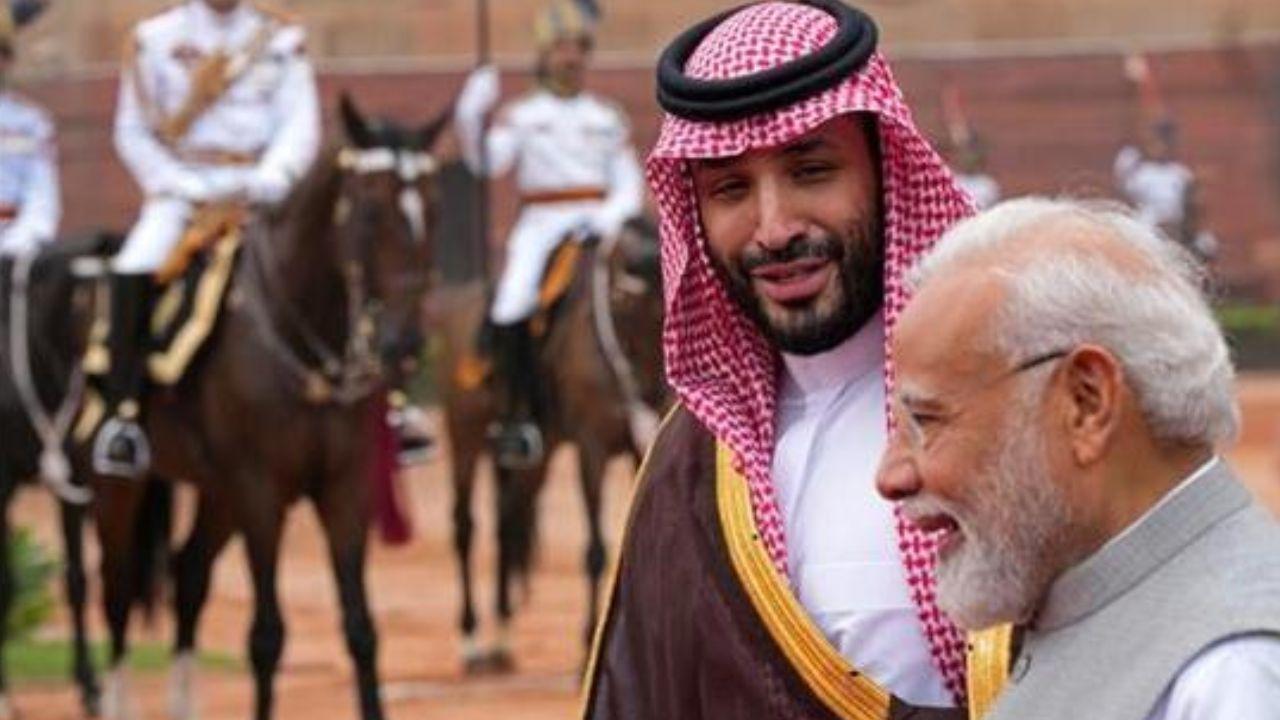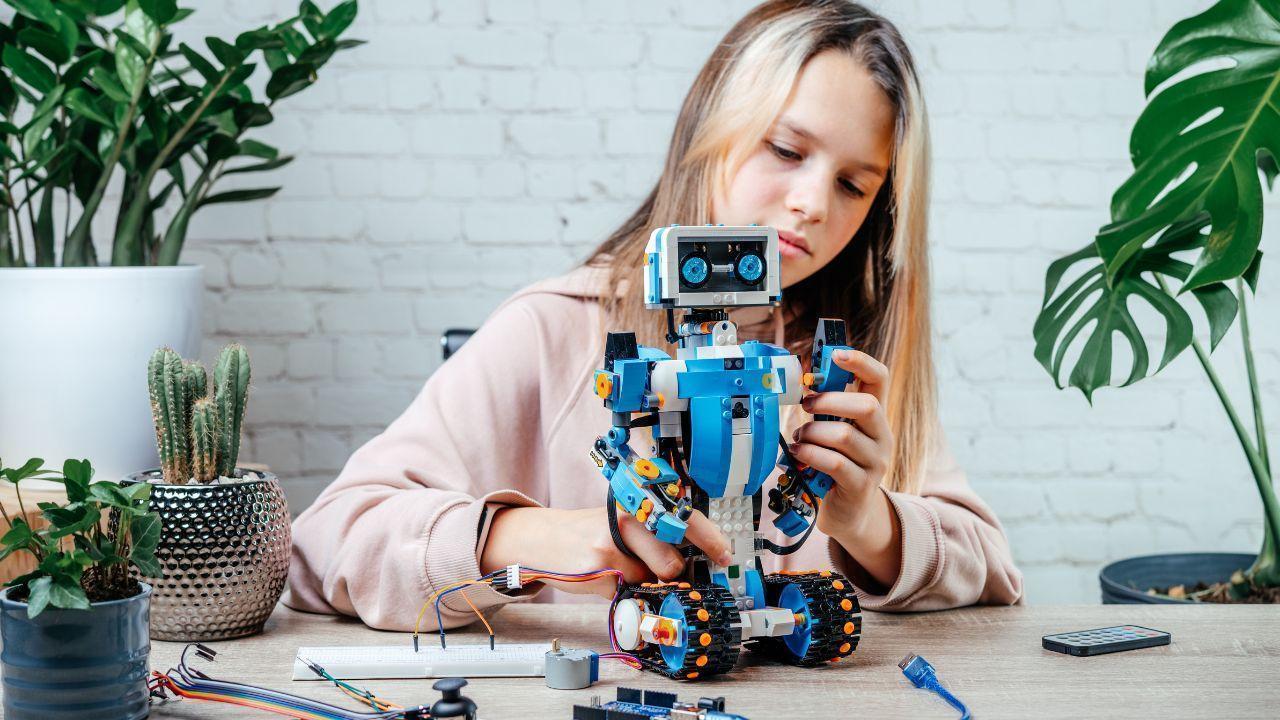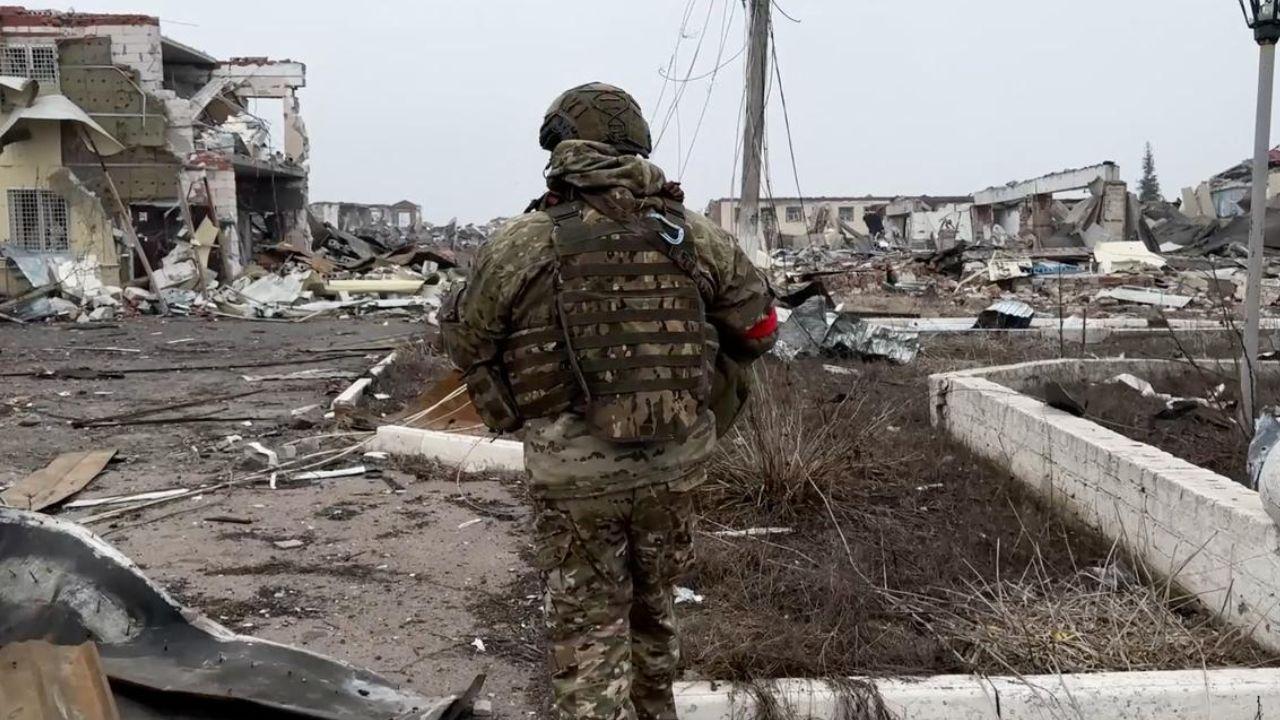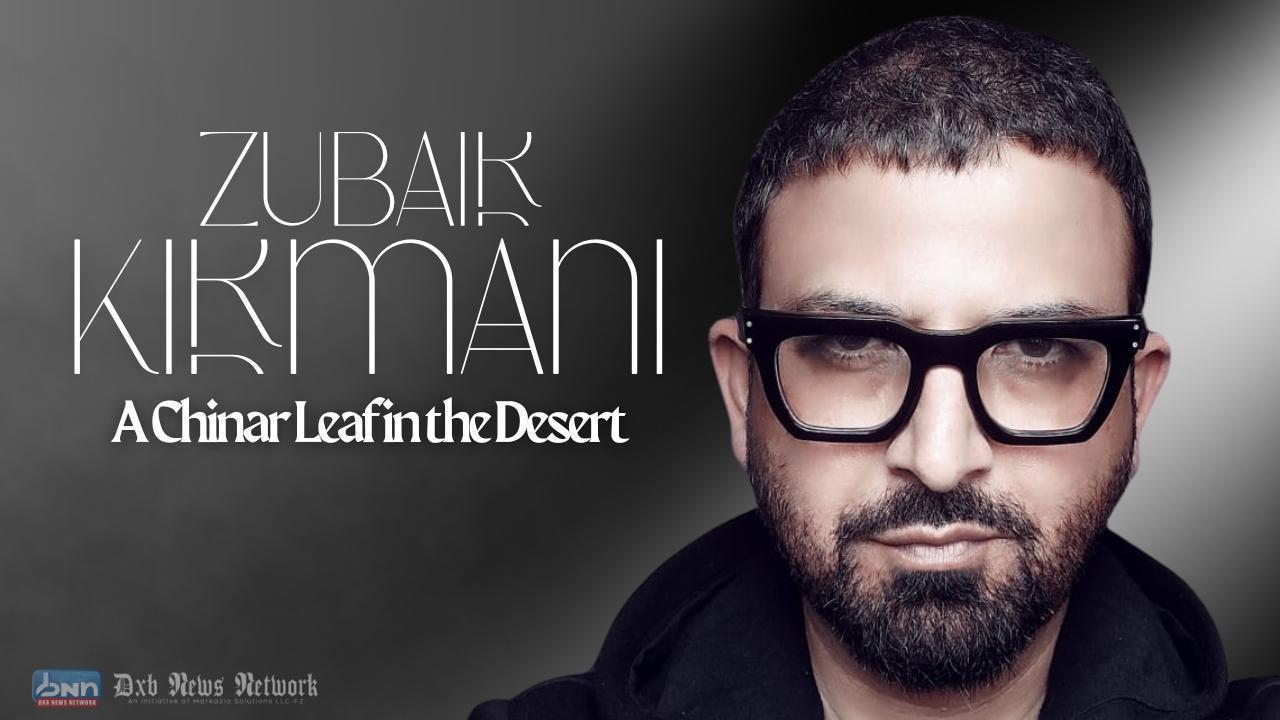
Post by: Zayd Kamal
Play is not just fun; it's crucial for children's development, helping them learn new skills and understand the world around them.
There are different types of play, including physical play (like running and jumping) and imaginative play (like pretend games), each contributing to various aspects of a child's growth.
Children learn important life lessons through play, such as cooperation, problem-solving, and creativity, which are essential for their future success.
Play helps children build friendships and learn how to interact with others, developing empathy and communication skills.
Engaging in play promotes physical fitness, coordination, and overall well-being, encouraging an active lifestyle from a young age.
Play helps children develop motor skills, coordination, and physical fitness through activities like running, jumping, and climbing.

Engaging in play teaches children how to cooperate, communicate, negotiate, and make friends, fostering social development.
Play stimulates imagination, creativity, and problem-solving abilities as children explore new ideas and roles.
Play allows children to express emotions, build resilience, and manage stress in a safe and enjoyable way.
Research shows that playful learning enhances academic readiness and long-term educational success by promoting curiosity and motivation.
Engaging in regular physical activities like running, swimming, or playing sports helps keep your body strong and healthy.
Taking care of your mind is just as important as taking care of your body. Activities like reading, drawing, or playing games can help you relax and feel happy.
Eating a variety of fruits, vegetables, and whole grains gives your body the nutrients it needs to grow and stay healthy.
Washing your hands, brushing your teeth, and getting enough sleep are all important habits that keep you feeling good and ready to play.
Talking to friends or family when you're feeling upset and sharing your feelings can help you feel better and improve your mood.
Different cultures around the world have unique traditions and customs related to play, influencing how children and adults engage in recreational activities.
Play activities often reflect societal norms and values, shaping behaviors and interactions within communities.
Many cultures integrate play into educational settings, using games and activities to teach important skills and knowledge.
Play is often a central component of cultural celebrations and festivals, fostering community spirit and preserving traditions.
Over time, cultures adapt and innovate play activities, blending traditional and modern elements to reflect changing lifestyles and interests.
Many adults recall fond memories of playing with friends and siblings, which helped them learn teamwork and creativity.

Personal stories often highlight how activities like building forts or playing pretend taught valuable life lessons in a fun and engaging way.
Adults reflect on how solving puzzles or inventing games as children sharpened their critical thinking and decision-making abilities.
Playing games like tag or hide-and-seek provided opportunities to develop social skills such as communication and empathy.
Personal anecdotes often emphasize the joy and relaxation that comes from engaging in playful activities, offering a break from daily routines.
Why We Play by Eva Holland explores the profound significance of play in children's development and its enduring impact into adulthood. The article emphasizes that play is not merely enjoyable but essential for learning new skills, understanding the world, and fostering social connections. It categorizes play into various types—physical and imaginative—each contributing uniquely to cognitive, emotional, and physical well-being. Highlighted are the health benefits, including improved motor skills, social competence, and enhanced academic performance. Cultural perspectives illustrate how play transcends borders, shaping traditions and educational practices worldwide. Personal stories underscore the lasting influence of childhood play on creativity, problem-solving, and emotional resilience.
The views expressed in this article are those of the author, Eva Holland, and do not necessarily reflect the opinions of DXB News Network. The information provided is intended for educational purposes and to promote understanding of the importance of play in child development. Readers are encouraged to consult with healthcare professionals or educators for personalized advice related to children's play and well-being.
Play includes physical activities like running and jumping, as well as imaginative play such as pretend games. Each type contributes uniquely to a child's development.
Play helps children build friendships, learn to cooperate, communicate effectively, and develop empathy. These skills are crucial for healthy social interactions.
Play stimulates creativity, imagination, and problem-solving abilities. It allows children to explore new ideas, roles, and challenges in a safe and enjoyable manner.
Engaging in play activities like sports or outdoor games promotes physical fitness, improves coordination, and encourages an active lifestyle from a young age.
Yes, research suggests that playful learning enhances academic readiness and long-term educational success by fostering curiosity, motivation, and critical thinking skills.
#trending #latest #PlayMatters #ChildDevelopment #LearningThroughPlay #SocialSkills #PhysicalActivity #HealthyKids #CreativePlay #EmotionalWellbeing #CulturalTraditions #PersonalStories

PM Modi will visit Jeddah to meet Crown Prince MBS. Talks will cover strong ties, strategy, and new MoUs. This is his first visit in his third term....Read More.

Sultan Haitham will visit Russia for two days from Monday to strengthen Oman-Russia ties and discuss cooperation and key international and regional issues...Read More.














Humanoid Robots Race with Humans at Half-Marathon in China
21 humanoid robots raced alongside runners in the Yizhuang half-marathon, showcasing robotic enginee

Woman Brain-Dead After Paris Cryotherapy Accident
A woman is brain-dead after a fatal cryotherapy accident in Paris that also claimed a gym worker’s l

A Chinar Leaf in the Desert: Zubair Kirmani and the Journey of Kashmir at World Art Dubai
A Chinar Leaf in the Desert: Zubair Kirmani and the Journey of Kashmir at World Art Dubai

Carla Gía Brings the Language of Duality to World Art Dubai 2025
Carla Gía Brings the Language of Duality to World Art Dubai 2025

Not Just a Painting, It’s a Pulse: Deena Radhi at World Art Dubai 2025
Not Just a Painting, It’s a Pulse: Deena Radhi at World Art Dubai 2025